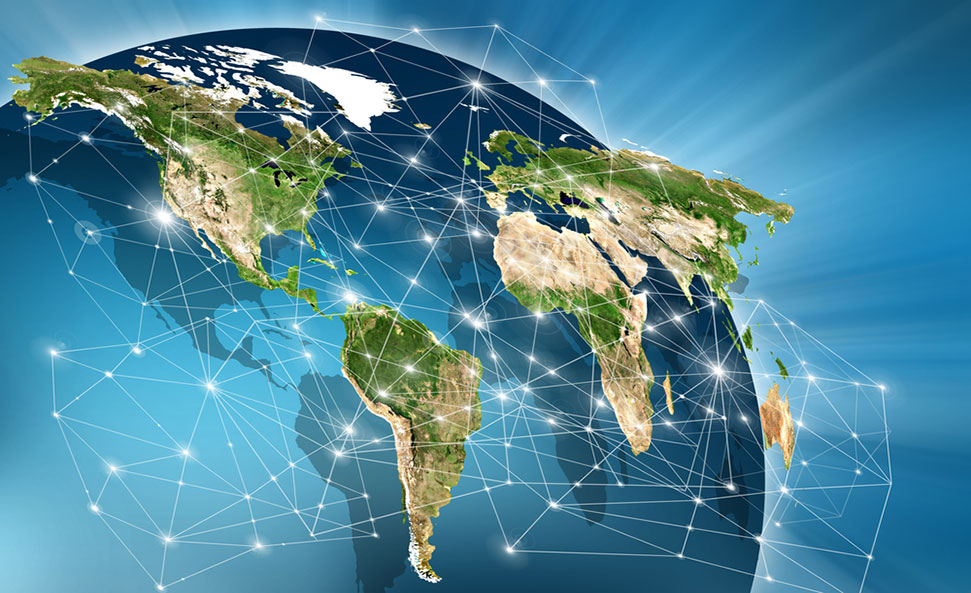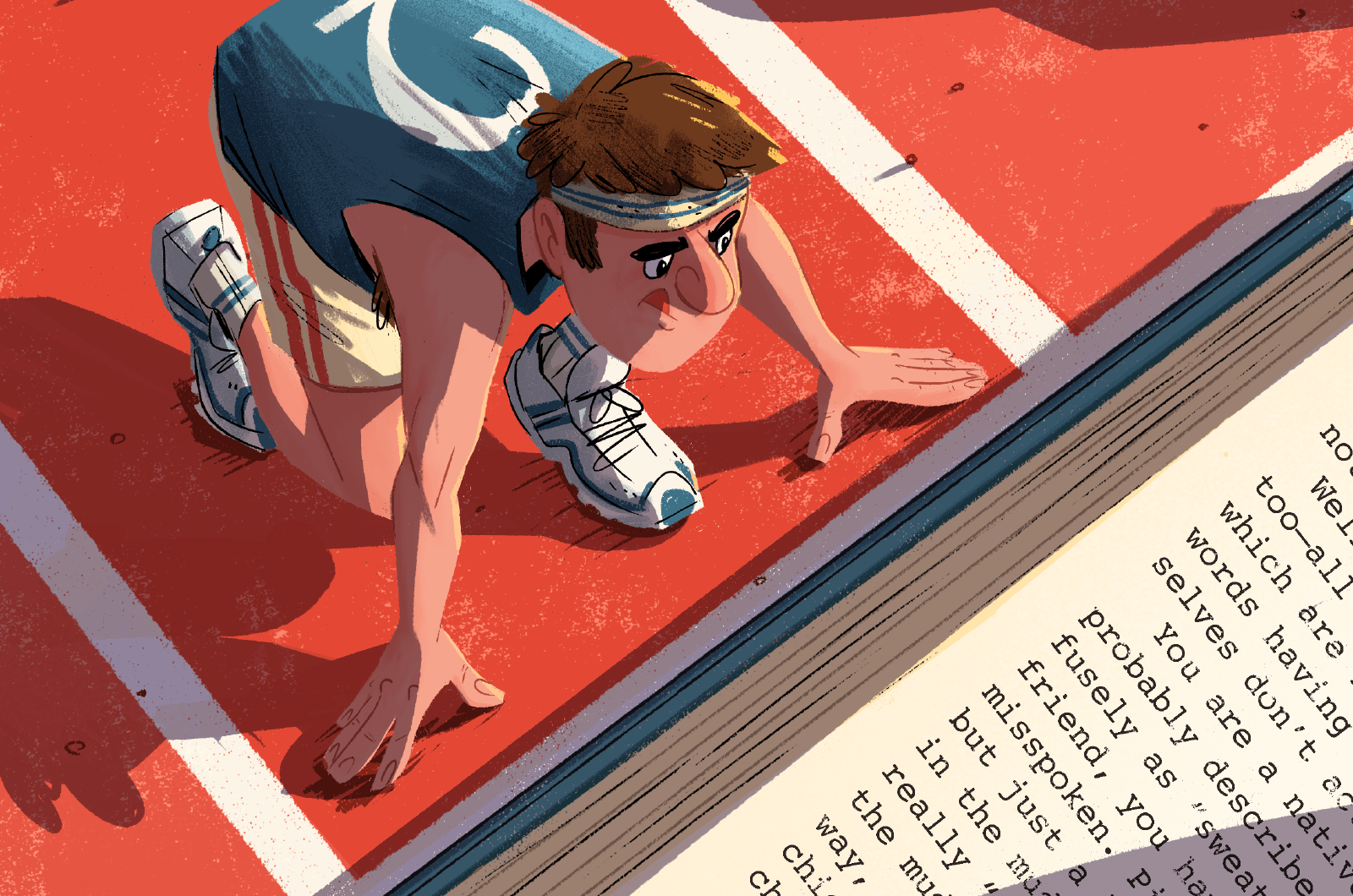What Willpower Really Means
The concepts of will and willpower are overused in modern speech and do not require additional clarification. So it is, although the understanding of will differs strikingly from one person to another. Some do not know at all what is meant by this word. In this article, I’d like to describe it to the best of my knowledge, in the context of self-control and continuous improvement.
Illusion of Will
To manifest one’s will means to have a choice and the ability to follow that choice in carrying out one action or another. In this way, one’s will can be thought of as a specific ability, a power a person has over their individuality. The majority assumes that each of us has free will from the very beginning, so there is no point in striving for it. The only exception is people who are “weak-willed” by “nature”.
In fact, it is easy to prove one crucial point – an unprepared person does not have any will. Just observe yourself for a few days, and you will find that everything happens by itself, without any conscious choice. You do not choose what mood to wake up in, how to react to certain events, what to think about, or what movements to perform. You often don’t choose where to go, what to do, with whom to communicate, or what to believe. A person can explain such observations in the following way: I do what I have to do; I am forced to do this and that; I cannot (for various reasons) do something else.
Substitutes of Will
One can give many examples where there is supposedly choice and manifestation of free will and see that this is not true. For example, suppose a person enters a college. Where does the decision stem from? As a rule, it’s the advice of parents or acquaintances, what is currently considered popular, or what offers brighter prospects.
Very rarely do we choose a place to study based on our personal talents and preferences, which come out from our psycho-physical qualities and would contribute to fulfilling this potential. Instead, the place of work is chosen similarly. Isn’t that why so many people are now dissatisfied with their jobs and have to do them just to make a living?
Let us set aside the essential decisions and consider something more straightforward. One does not even choose what to do in one’s free time. Often the “choice” is dictated by a habit that has been formed by some accident. After work, some of us have no real desire to eat and watch TV, look for entertainment on the Internet, read or go for a walk, etc. Instead, an impulse erupts in the mind or body. After a while, the person may find themselves doing some activity that gives them little pleasure and brings little to nothing useful – on the contrary, and it is often a source of additional fatigue and mental overload.
Reaction to Irritants
We humans (in most cases, without realizing it) are governed throughout our life by only two factors. The desire for pleasure (satisfaction of needs is also rewarded by pleasure) and the avoidance of pain (both physical, which can sometimes include excessive tension and fatigue; and mental manifestations, which are too vast to cover in this article). As a result, those phenomena and events, which in the past were a source of pleasure or pain, form some associative connections. These connections are activated when encountering similar events or specific factors that took place during these events. They start and provoke behavior (often erroneous) in the hope of obtaining pleasure or avoiding pain.
At this point, the person acts automatically. The strength of the anticipated pain (or pleasure) determines the energy and effort that will go into achieving the desired state. But in many cases, anticipation is deceptive. Where pain (or pleasure) is expected, it does not occur, or the sensation is much weaker than expected. These two polar states, pain and pleasure, are the real driving factors in human life (as in animal life). Accordingly, no free will can dwell here. Everything that happens to such a person is subject to purely random phenomena.
Search of Will
But what does it mean to have a will, and how does it manifest itself in life? The first thing that distinguishes a person with a will is a certain sense of purpose, of the “rightfulness of actions”. Understanding the proper direction (subjective truth) leads to the fullest realization of one’s abilities as a human being. Such will is not based on momentary pleasures or fear of pain but deep individuality. It is based on knowledge, understanding, and perception of self.
If people cannot experience themselves and do not understand who they are, no will can arise. The very notion of freedom of choice implies that there is someone who makes this choice. Unfortunately, with their muddled thinking and contradictory desires, modern people do not realize that. They do not understand what is genuinely their and what is copied accidentally from others (this applies to desires, goals, ideas, principles, manners of behavior, speech patterns, etc.). They are guided only by external factors and instincts of pleasure and pain.
Power of Will
Will is about acting consciously from the entirety of your being, not from its separate parts, which often contradict each other. For example, the mind wants one thing, the body wants another, and the emotions dictate something else. The will is a unified, conscious flow of thought, feeling, and sensation, leading a person towards their potential (which can manifest itself in different ways). This action is radically different from the automatic urges that dominate the unprepared.
A deliberate effort is always directed against automatism, for, in essence, it can only happen consciously – that is, at the moment when one is aware of themselves. Only a person “present at the moment” can have a choice and will. Otherwise, they lose the “right” direction and are subject to random factors.
Bottom Line
Will can develop only based on self-awareness – feeling and understanding of oneself in the process of daily activity. The more conscious you are of habitual actions and responses, the more willpower you can claim to your name. A person acting against certain habits and automatism develops the will or at least prepares the ground for its formation.
For premium readers







